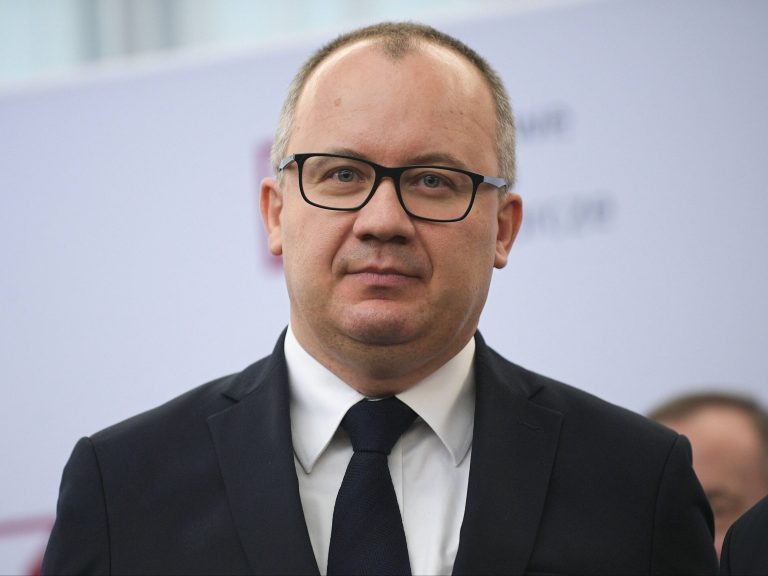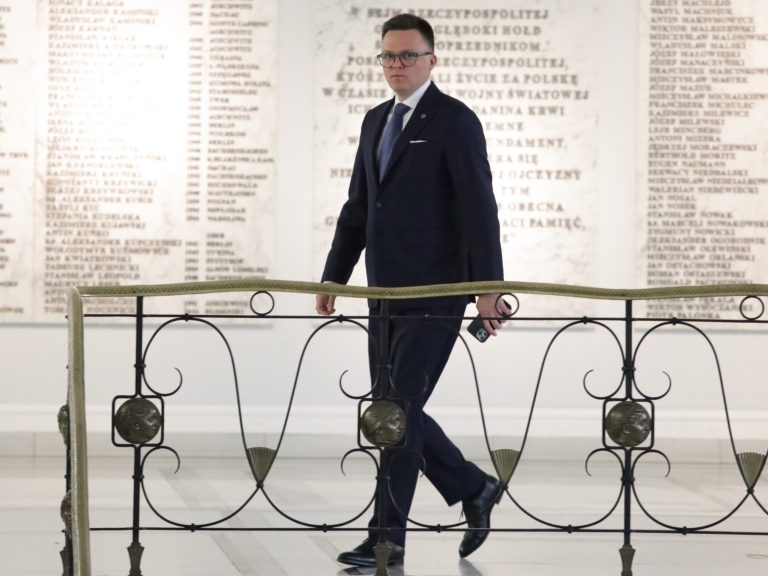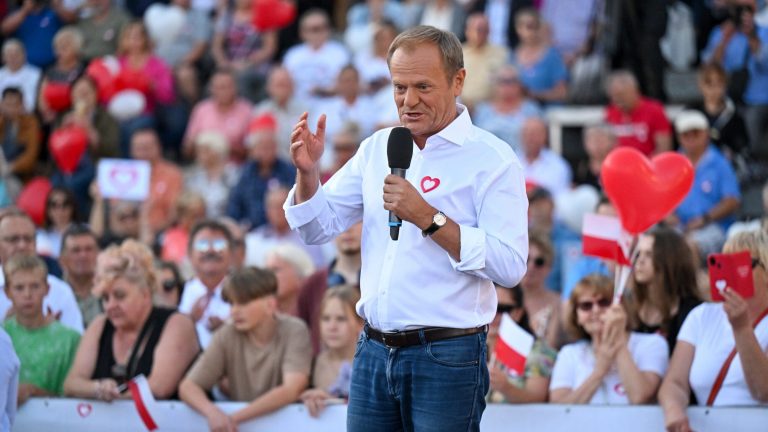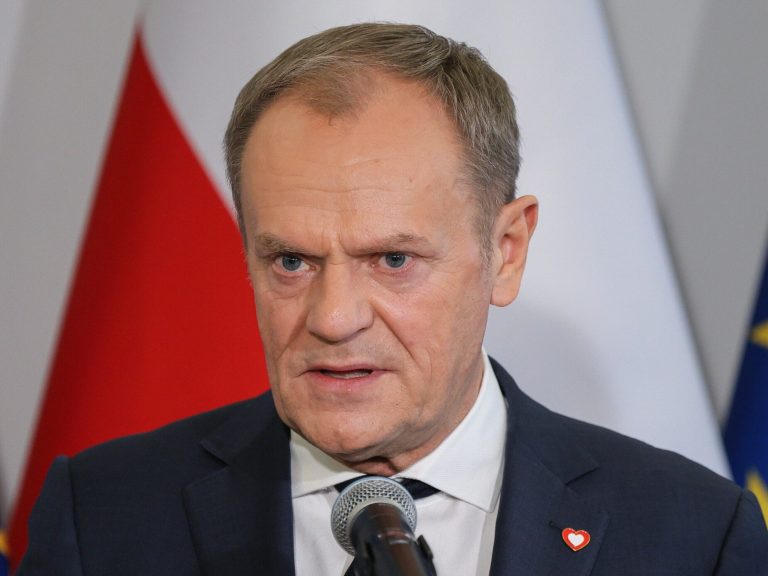Phrase regarding the “Russian law”. The President of Georgia has decided

Georgian President Salome Zurabishvili vetoed the controversial law on foreign agents, against which Georgians have been protesting on the streets for many days. However, her veto may be rejected by the ruling party.
The controversial Law on the Transparency of Foreign Influences (Foreign Agents), called by many “Russian law”, has been inflaming political moods in Georgia for many days. The new law, according to its critics, will enable the authorities to destroy civil society and independent media. For several weeks, Georgians have been regularly protesting on the streets against its adoption, and there were even fistfights in parliament during its adoption. Ultimately, however, the ruling Georgian Dream party had its way and adopted a controversial law on May 14.
Georgia. The president vetoed the Foreign Influence Act
On Saturday, Georgian President Salome Zourabishvili announced her veto of the controversial bill.
– This act is not subject to any amendments or changes. This act should be withdrawn in its entirety, said the president. – Today I am vetoing… a bill that is in its essence, in its spirit, a Russian bill. Which is contrary to our constitution and all European standards and constitutes an obstacle on our way to Europe. The veto is legal and will be submitted to parliament today, she added.
The veto can be overturned by another vote in parliament. The bill is supported by Prime Minister Irakli Kobakhidze and his Georgian Dream party, which has a majority in parliament sufficient to overturn the presidential veto. The required majority is 77 votes, while the act itself was adopted by a majority of 84 votes. However, the Georgian president believes that her veto may sound like a voice of opposition issued on behalf of the protesting Georgians.
“Russian Law”
The controversial law requires the registration of media and other organizations that account for more than 20 percent of are financed by companies from outside the country as “pursuing the interests of a foreign power”. The government tried to implement the same regulations last year, but was forced to suspend work due to intensifying demonstrations.
Critics of the law claim that the introduction of new regulations will prevent Georgia from joining the European Union and will make the national media more similar to Russian and Belarusian broadcasters.






